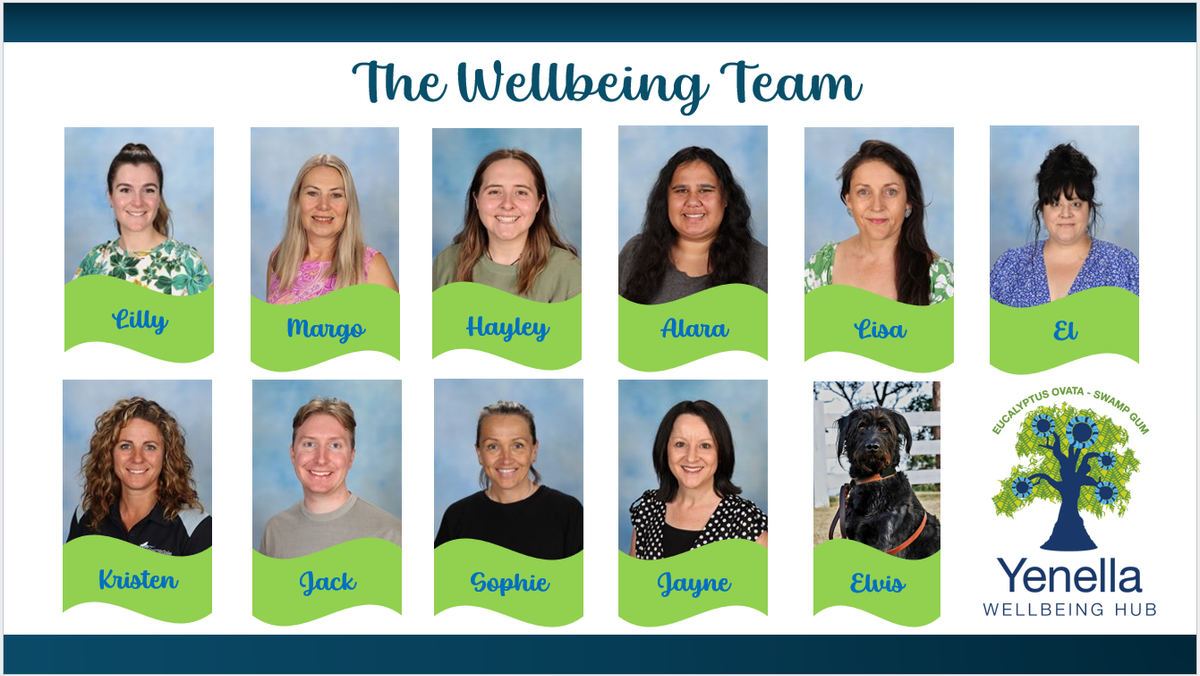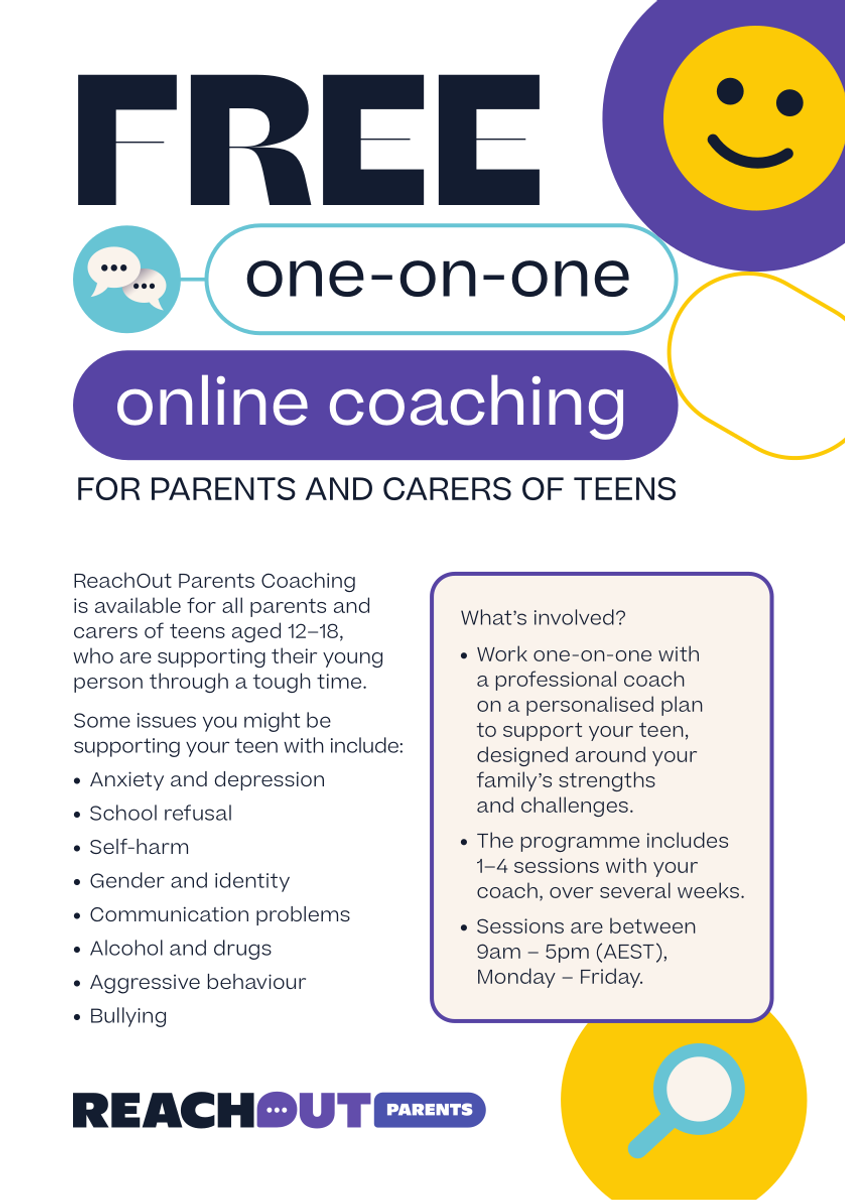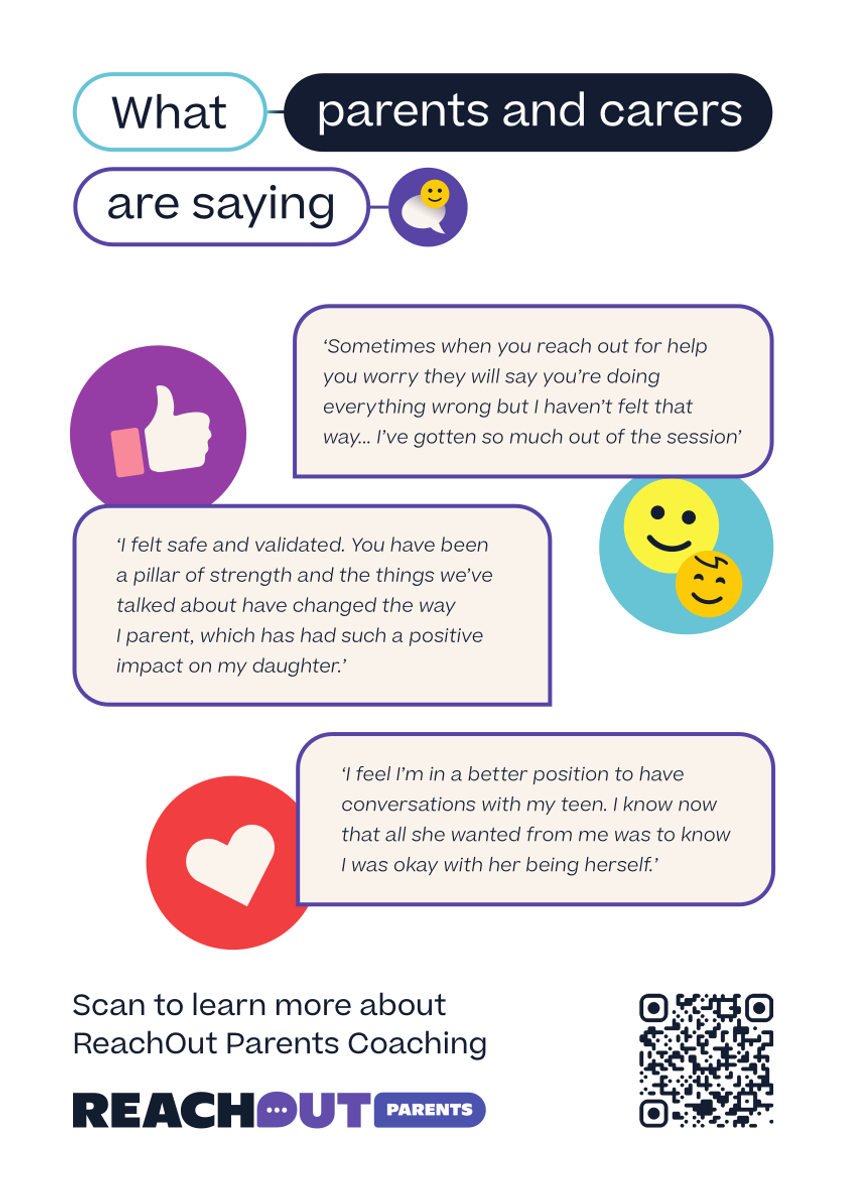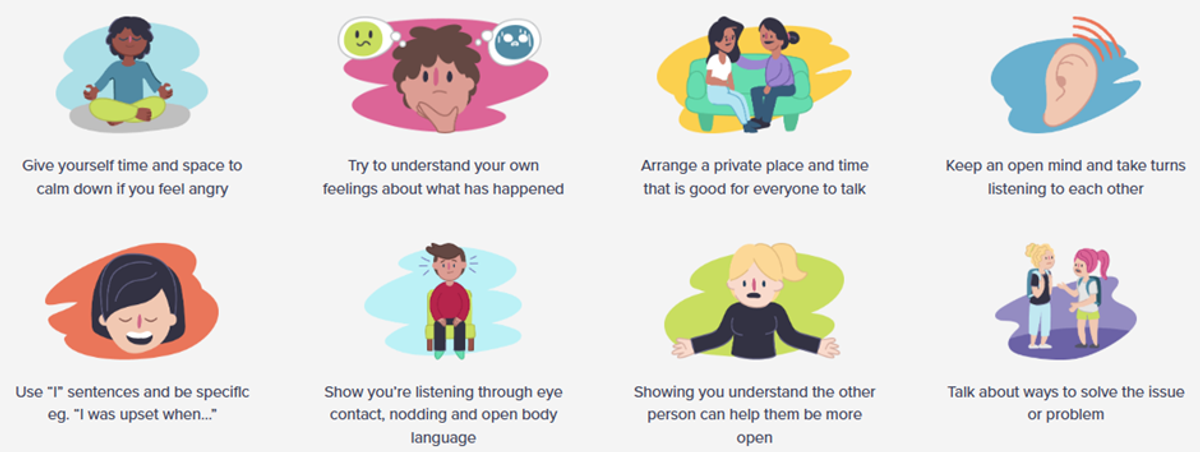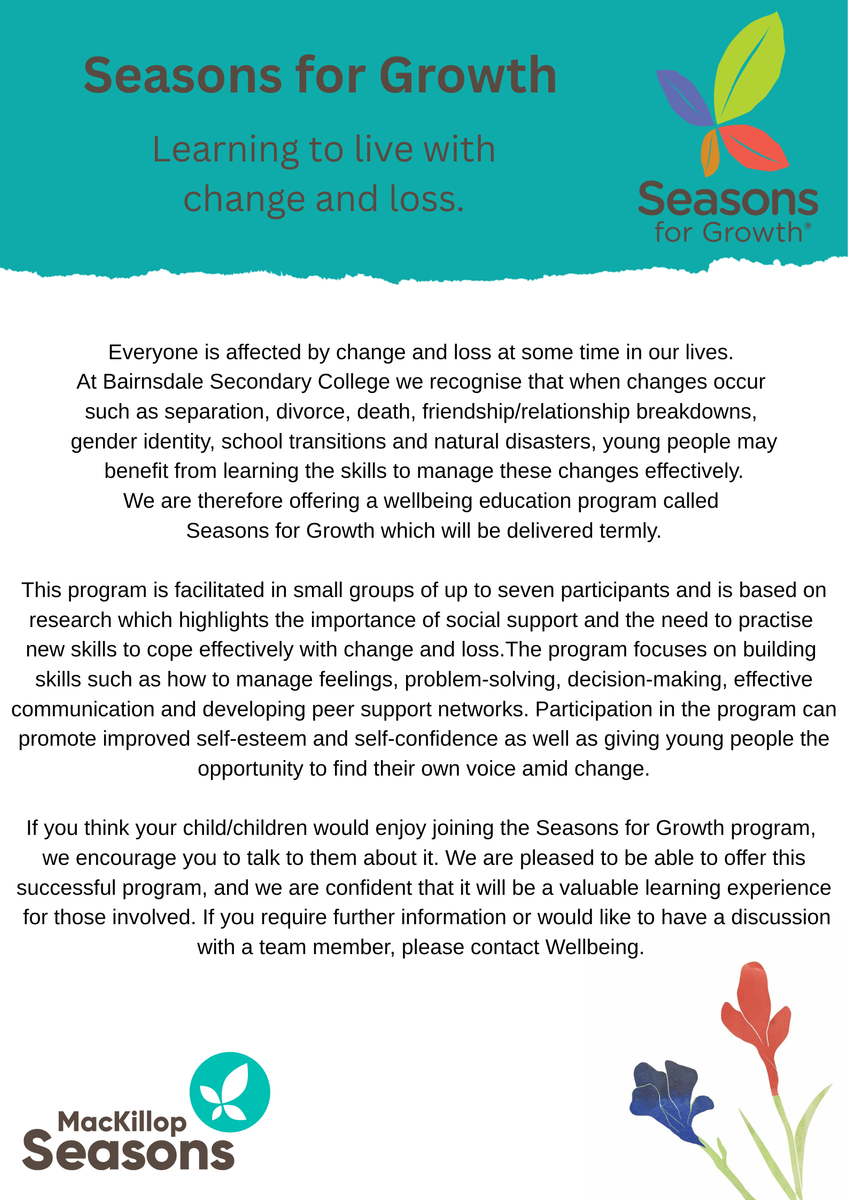Wellbeing

GOOD HYGIENE FOR TEENS
Good personal hygiene is crucial for teens due to the rapid physical changes they experience during puberty and adolescence, as well as for their overall health and well-being. This includes practices like regular showering, oral care, handwashing, and managing body odor. Good hygiene also plays a significant role in boosting confidence and self-esteem during this often-challenging time.
Why is good personal hygiene important for teens?
Physical Changes: Puberty brings about hormonal fluctuations that can lead to increased oil production, sweat, and body odor, making hygiene even more important.
Health and Immunity: Hygiene helps prevent the spread of germs and illnesses, which is vital during adolescence when teens are often more active and exposed to different environments.
Confidence and Self-Esteem: Feeling clean and well-groomed can significantly boost a teen's self-confidence and sense of self-worth.
Social Norms and Acceptance: Adhering to good hygiene practices helps teens navigate social situations and integrate into the social norms of their peers.
Preventing Health Problems: Good oral hygiene can help prevent cavities and gum disease, while regular showering and grooming can prevent skin infections and other health issues.
Essential, healthy habits for teenagers:
- Regular showering or bathing - at least once a day, especially after physical activity.
- Washing hands frequently: before and after meals, after using the restroom, and after being in public places.
- Brushing teeth twice a day and flossing once a day to maintain oral health and prevent cavities.
- Using deodorant or antiperspirant to combat body odor
- Washing hair regularly and keeping it clean and well-groomed.
- Keeping fingernails and toenails clean and trimmed.
Changing clothes daily: Wearing clean clothes to prevent the buildup of bacteria and body odor.
----------------------------------------------------------------------------------------------------------------------------
ReachOut offers online coaching and support for parents of teenagers (ages 12-18) in Australia. This includes one-on-one sessions with a coach, access to articles, tools, and resources, and an opportunity to build confidence and skills in supporting teenagers. ReachOut also provides a wide range of online support for young people (ages 5-25) through their ReachOut website.
ReachOut Parents Coaching:
- Who it's for: Parents and carers of teenagers (12-18) experiencing challenges.
- What it offers: Up to four free online or telephone coaching sessions with a professional.
- How it helps: Builds confidence and practical skills in supporting teenagers through difficult times, provides access to articles, tools, and resources.
- How to access: ReachOut Parents website.
-----------------------------------------------------------------------------------------------------------------------------DEALING WITH CONFLICT
Conflict is a part of life. We all see and think about the world in different ways – this can lead to different opinions about the exact same thing
- Conflict can make some people feel sad, upset or scared, while others may feel energised and excited by conflict
- Conflict can affect our bodies and might cause tension in our muscles, stop us feeling hungry or even cause headaches
- Sometimes conflict doesn’t fade away on its own and needs to be worked at so that solutions can be found
What can lead to conflict?
The way we express our ideas, needs and opinions can lead to conflict with others and vice versa. Conflict may come up at school, home, work or with friends because:
- Ideas, opinions or concerns are not being heard
- You or others feel that you aren’t being treated fairly
- Expectations are not being met
- There is a difference in personalities or communication styles
- There is a difference in strongly held beliefs or opinions
How to deal with conflict
The best way to deal with conflict is to talk to the other people involved and try to work things out. Start by trying these tips:
Dealing with conflict – why it’s worth it
Figuring out ways to deal with conflict can stop things from getting worse and helps you learn important skills for later in life. Understanding ways to deal with conflict can help you to:
- Become a better communicator
- Get better at resolving conflicts early
- Feel like you have achieved something positive
- Be more understanding of other people’s needs
- Become more confident at dealing with hard situations
- Learn ways to avoid conflict starting in the first place
Conflict is a part of everyday life. But it can still have a big impact on us! It isn’t always easy to find your way through a situation when there is conflict. Kids Helpline is here to help. Give us a call, start a WebChat or send us an email. Ways to deal with conflict | Kids Helpline
-------------------------------------------------------------------------------------------------------------------------------------

